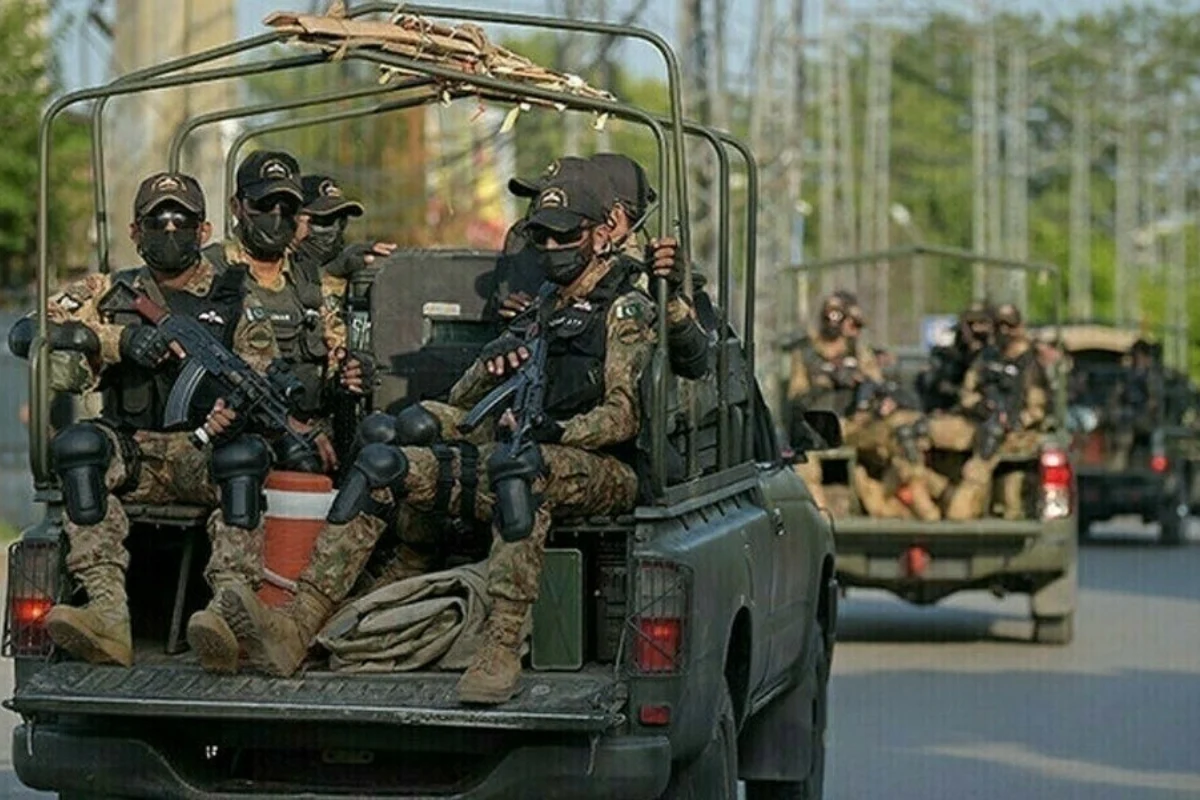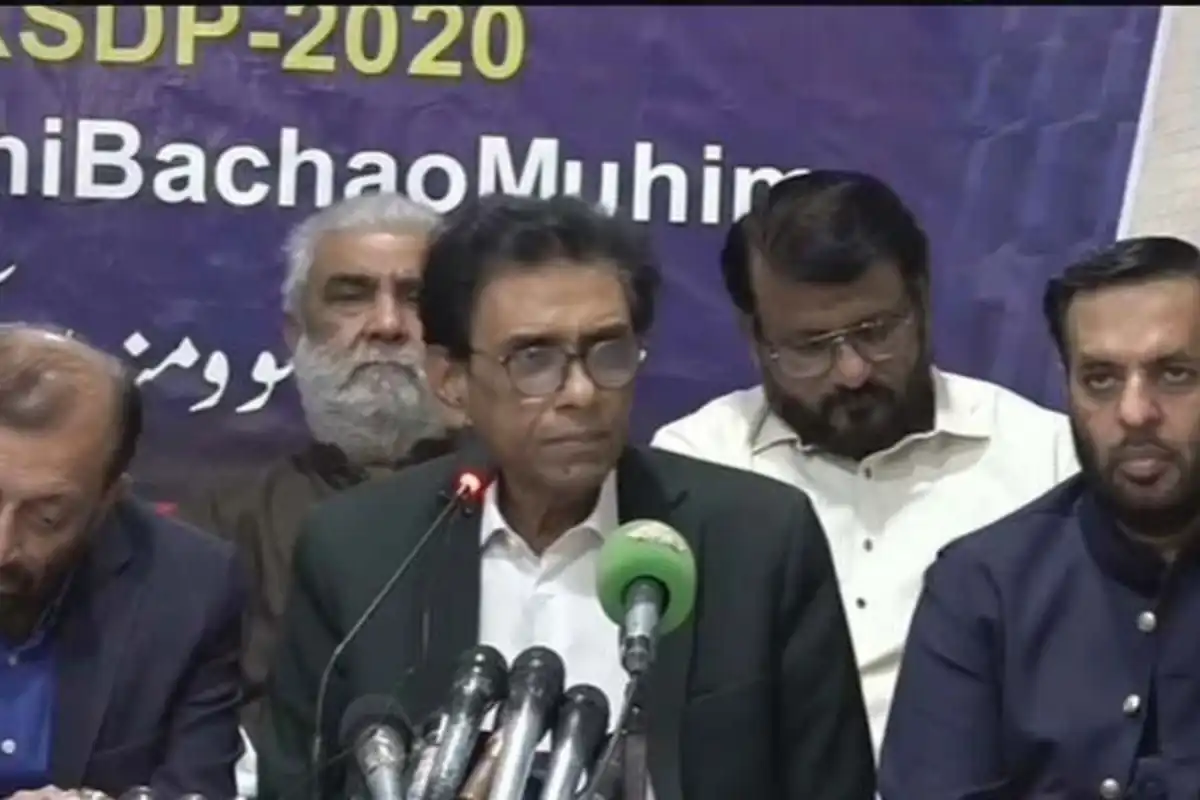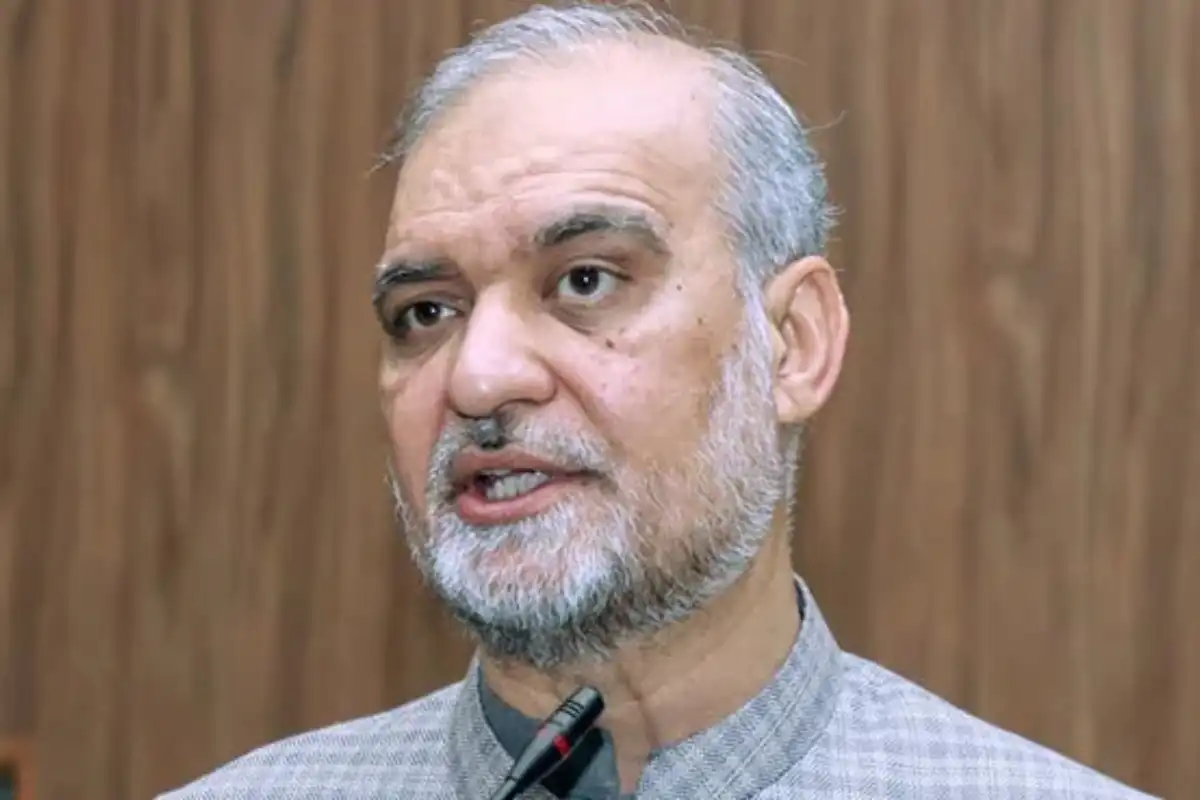The War That Changed Everything Book: Truth Behind Operation Banyan Marsus

The War That Changed Everything Book
Islamabad – A high-profile book launch unveiled shocking details about Pakistan’s Operation Banyan Mursous, a military campaign that decisively countered India’s aggression. The book, The War That Changed Everything, authored by Murtaza Solangi and Ahmed Hassan Al-Arabi, exposes what it calls “India’s false narratives” from start to finish.
According to the authors, the operation’s name was suggested after the Air Chief likened Pakistan’s fighter jets to an “iron wall” during a briefing to the Army Chief, who then quoted a Quranic verse and proposed it to the Prime Minister for approval.
On the night of May 6–7, 2025, Pakistan not only delivered a powerful aerial response to the Indian Air Force but also launched massive cyberattacks that cut power to all Indian airbases and crippled over 4,411 key elements of India’s cyber infrastructure. Sensitive “Ex 222” leaked files in the book reveal India’s failed plan to intrude into Azad Kashmir and alter the border by 0.75 to 1.25 kilometers.
The book details multiple failed Indian attacks before May 6, including attempts from Ambala and Adampur airbases, thwarted by timely Pakistani intelligence. It also claims that India’s top aircraft carrier Vikramaditya suffered technical failures during the conflict.
Former Indian External Affairs Minister S. Jaishankar’s statements are shown to contradict each other, with the authors asserting that India only made official contact after Pakistan had already downed Indian jets.
The book says Pakistan acted entirely on its own, without any assistance from other countries, including China. It targeted Indian sites launching drones into Pakistan, and destroyed India’s S-400 defense system using the JF-17 Block 3 fighter jet.
The authors reveal that the “Pahalgam attack” was prepared to coincide with U.S. Vice President J.D. Vance’s visit, and if it failed, India had planned a strike in Ganderbal. Pakistan’s counter-strategy, refined through three aerial exercises, enabled it to trap Indian jets in vulnerable positions on May 6.
Following strikes on Bholaari and Srinagar airbases, India’s Director General of Military Operations urgently sought a ceasefire. The battle also saw the killing of 71 militants in Hassan Khel, further undermining India’s efforts.
Military sources quoted in the book warn of possible skirmishes in September–October 2025, and a larger conflict by 2027. The authors conclude that Operation Banyan Mursous strengthened Pakistan’s role as a “Net Regional Stabilizer,” while ending India’s claim as a “Net Security Provider.”
Catch all the Pakistan News, Breaking News Event and Trending News Updates on GTV News
Join Our Whatsapp Channel GTV Whatsapp Official Channel to get the Daily News Update & Follow us on Google News.














